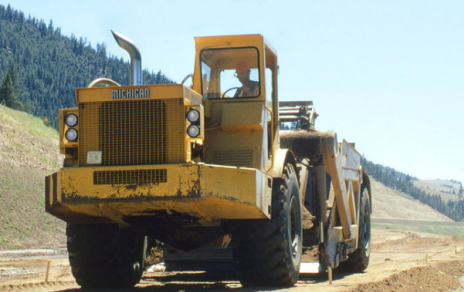Industry group European Aluminium wants the European Union to impose sanctions on aluminum supplied from Russia but not EU-based companies owned by Rusal which produces bauxite and alumina outside Russia some of it imported by Europe.
The group has been lobbying the EU for a ban on Russian-origin aluminum for its invasion of Ukraine. So far sanctions have not been imposed but they are still on the agenda.
Rusal sold 4.2 million metric tons of aluminum last year, most of it produced in Russia. The world’s largest aluminum producer outside China also has operations in Ireland, Sweden, Jamaica, Guinea and China. These assets mainly produce alumina or bauxite.
Bauxite is converted into alumina, a raw material to make aluminum used by companies in construction and packaging. It is also a key metal for the transport sector, where it is used for lightweighting electric vehicles to help extend battery range.
“The principle behind EU sanctions has been to try and do as much as possible to undermine the Russian war machine without creating harm to European industrial and by extension, societal interests,” Paul Voss, director general of European Aluminium.
“In a perfect world we would say we don’t need any of Rusal’s material and take a firm moral position regardless of the practical consequences. But European governments do not and cannot afford to reason that way. They have to be pragmatic.”
The EU currently has bans in place on aluminum wire, foil, tubes and pipes manufactured in Russia. But aluminum exports including primary metal, accounting for 85% of the total “remain outside the scope of the measures”, the group said last year.
EU imports of Russian primary aluminum have dropped since 2018, when the United States imposed sanctions on Rusal, but they are still significant. According to Trade Data Monitor, EU imports of Russian aluminum totalled 512,122 tons in 2023 or 8% of the total from 12% in 2022 and 19% in 2018.
Rusal said last week that sales to Europe contributed $3.4 billion to its $12.2-billion revenue in 2023.
Expectations of surpluses driven by low consumption and production increases mean the EU could more easily replace Russian aluminum from other producer countries or by more local production, said European Aluminium’s market intelligence director Djibril René.
(By Pratima Desai; Editing by David Evans)
